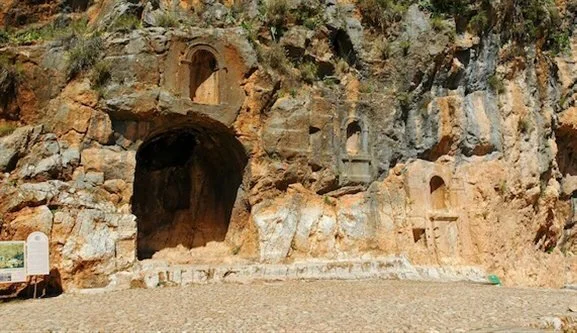Today’s parable from Matthew’s gospel is the continuation of Jesus’ ‘teach-in’ in the temple precincts on (what we would call) Monday before Good Friday. But before we dive too deeply into that, we need to remind ourselves of what the text doesn’t say.
The text doesn’t say that some bloke had a feast. That’s the version of the story in Luke’s gospel. Matthew’s account is explicitly a King giving a wedding banquet for his son.














